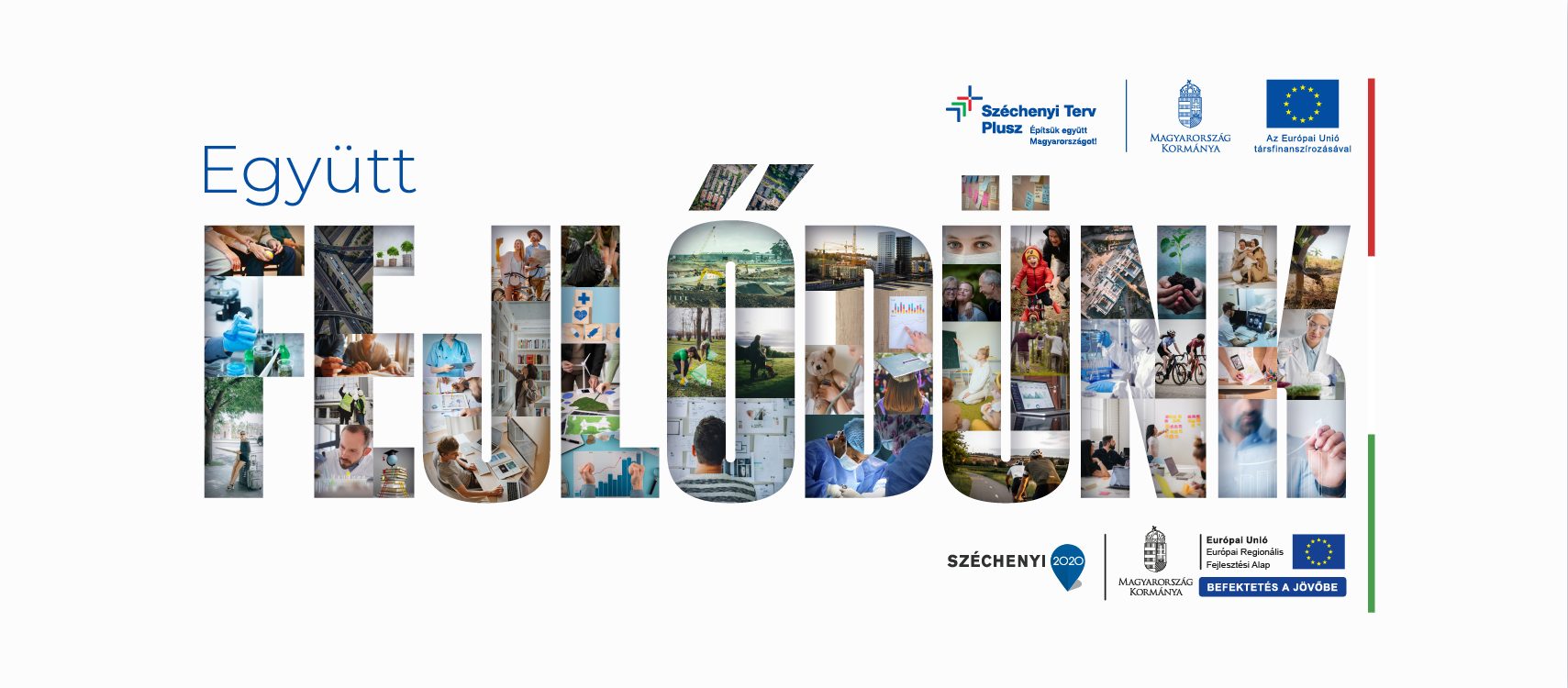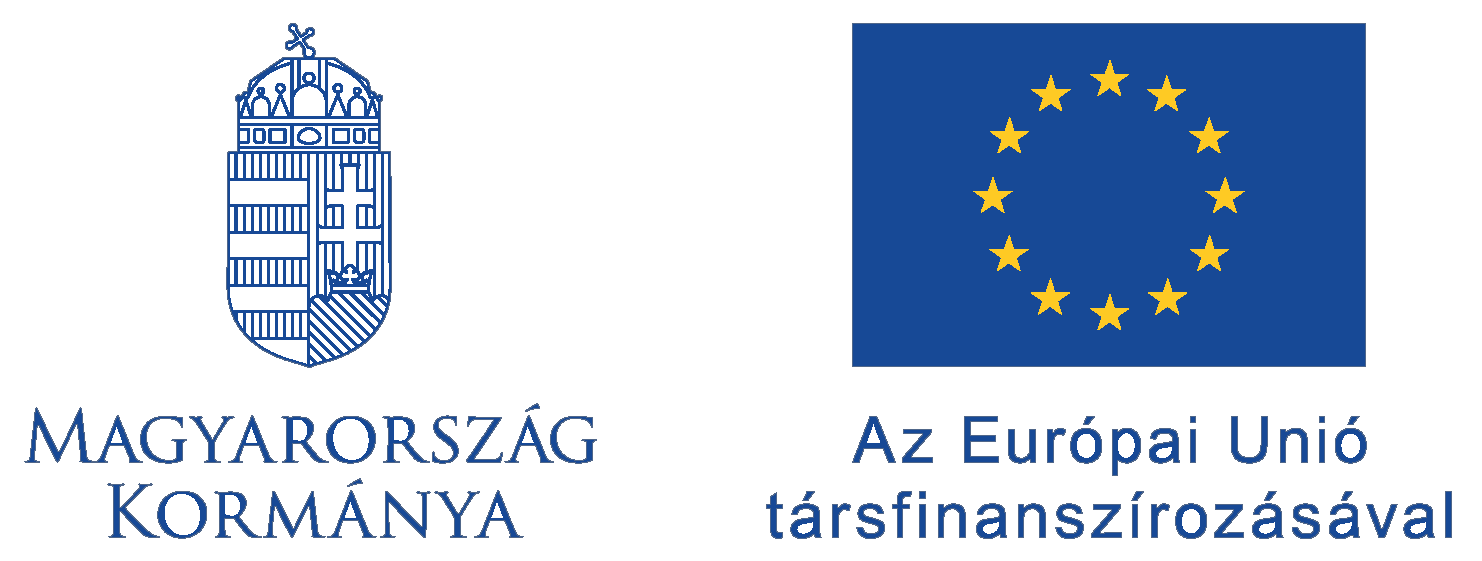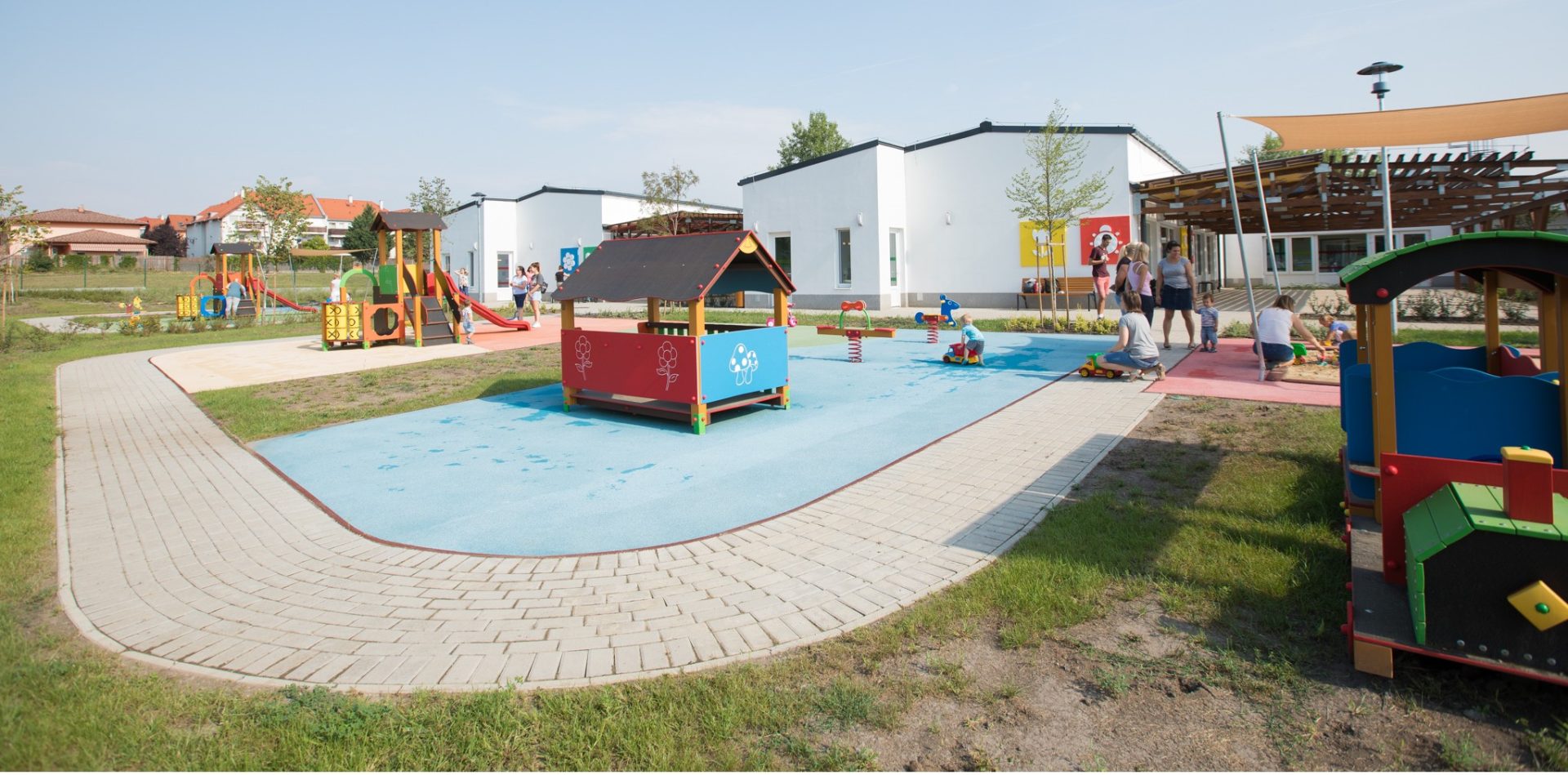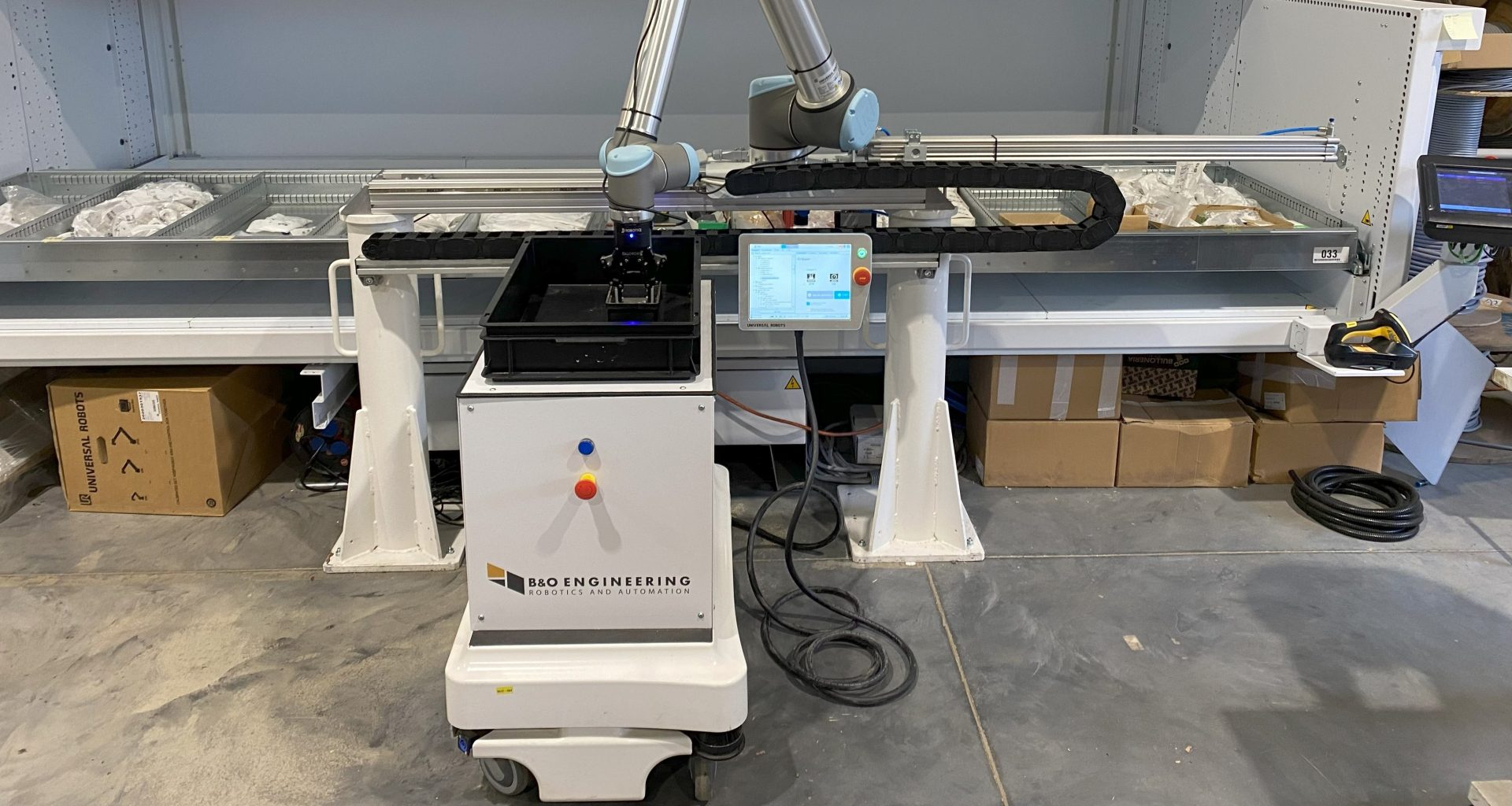Although invisible to most of us, molecules and their interactions play a fundamental role in shaping the future of medicine, our understanding of diseases, and the development of new materials. A recent European Union–funded project at Eötvös Loránd University (ELTE) aimed to open new doors for researchers by acquiring a state-of-the-art X-ray diffraction instrument, enabling advanced studies of proteins and other bioactive molecules.
Implemented as part of the Széchenyi 2020 Programme, the project directly enriched the scientific landscape of Hungary’s Central Region. However, thanks to strong collaborative ties and significant results, the initiative holds national relevance. The newly acquired diffractometer, equipped with a rotating anode and hybrid pixel detector, offers unmatched sensitivity within Hungary. It allows for the analysis of weakly diffracting or extremely small crystals, giving new momentum to structural biology and structural chemistry research. This has led not only to new research projects but also to the enhancement of education and researcher training.
At the core of the supported research were proteins—molecules essential to the functioning of living organisms. Protein interactions are often at the root of diseases such as Parkinson’s, autoimmune disorders, or cancer. The project aimed to gain deeper insights into the structure and interactions of protein networks and variants. The new equipment made it possible to examine protein-ligand complexes in detail, supporting the design of new drug candidates.
These types of investigations deliver tangible benefits to society, as accurate structural knowledge can lead to the development of more effective, targeted drugs, the identification of new biomarkers, and even breakthroughs in disease prevention. Additionally, the study of the reactivity and interactions of bioactive small molecules also supports advancements in biotechnology and materials science.
The project was carried out through interdisciplinary collaboration, involving not only ELTE’s Institutes of Chemistry and Biology, but also researchers from the Hungarian Academy of Sciences’ Centre for Natural Sciences, the Biological Research Centre in Szeged, and Semmelweis University. The joint efforts led to refinements in crystallisation methods, the preparation of protein complexes, and a range of measurements at both domestic and international research facilities.
Key areas of focus included:
– Structural rearrangements in protein variants (e.g. related to Parkinson’s disease and immune disorders),
– Evaluation of protein inhibitor efficacy,
– Analysis of signal transduction roles of hub proteins,
– Study of self-assembling protein structures,
– Characterisation of geometry and reactivity of bioactive small molecules,
– Investigation of chiral molecule separation through crystallisation.
By the end of the project, research capacities had expanded, the quality of education improved, and training for young scientists was enriched with new directions in structural chemistry and biology. These achievements align closely with Hungary’s National Smart Specialisation Strategy, particularly the pillars of Healthy Society and Well-being and Smart Technologies.
In this way, expanding the university’s research infrastructure not only supported the advancement of scientific work at ELTE but also strengthened the national knowledge base. The resulting high-quality, internationally competitive research environment fosters collaboration between academia and industry. Ultimately, these developments will benefit medicine, the pharmaceutical sector, and the growth of innovative technologies—paving the way toward a healthier, knowledge-based society.
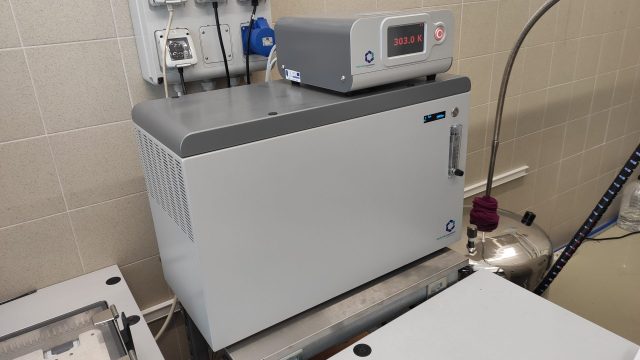
The development was implemented from EU funding in the project VEKOP-2.3.3-15-2017-00018 under the Competitive Central Hungary Operational Program.
Find out more about the project in the Project Finder:Details
![]()
